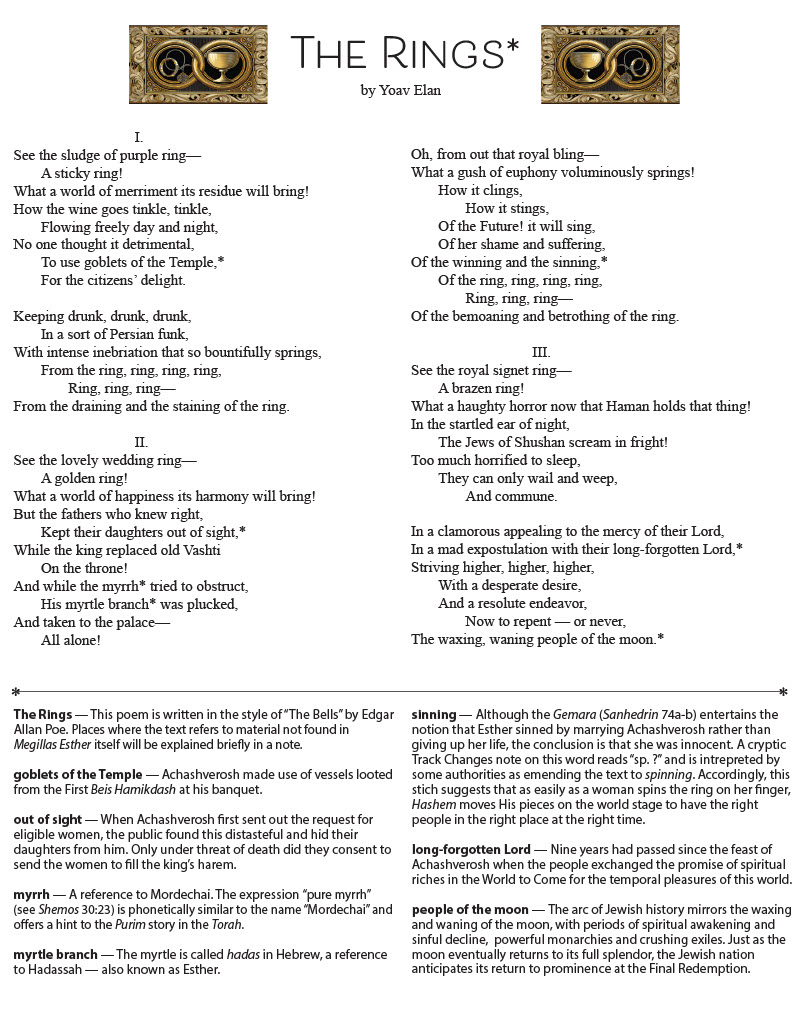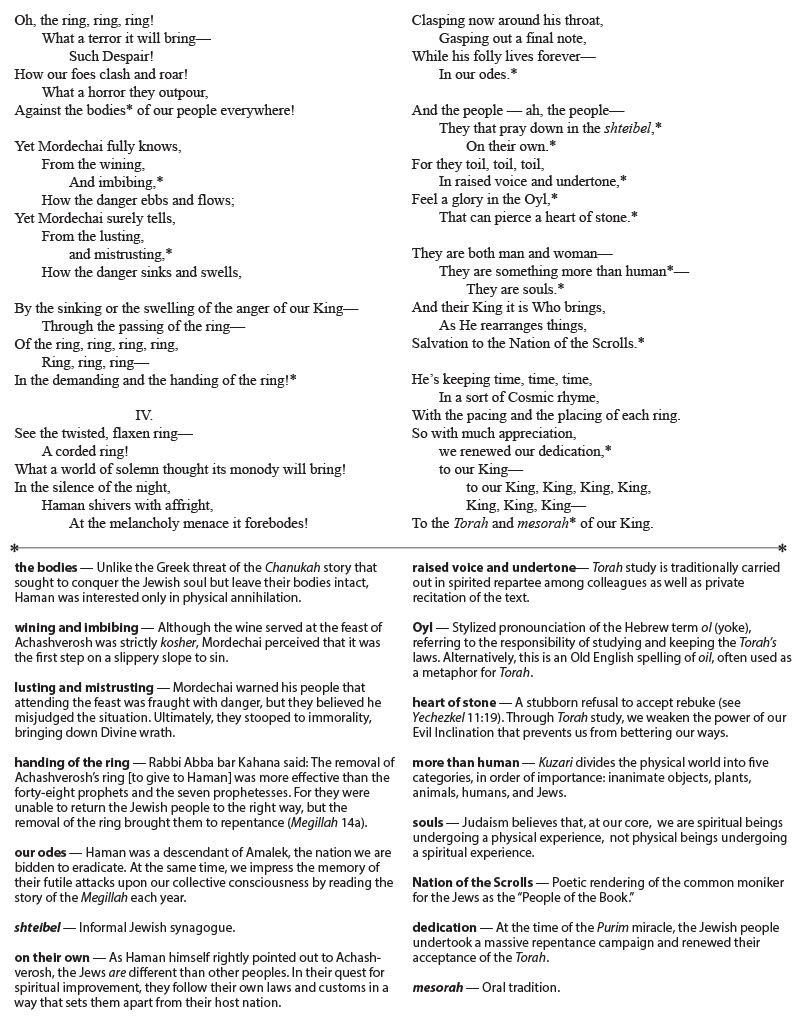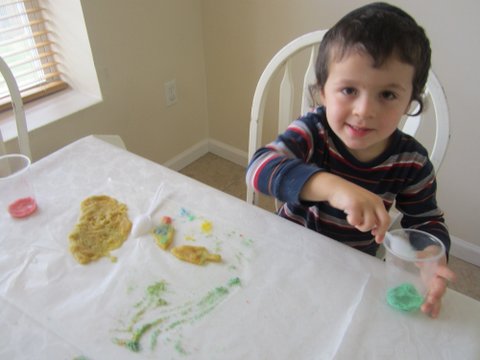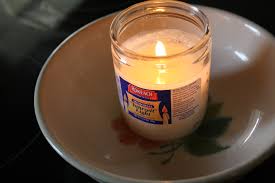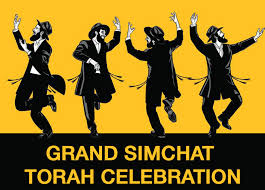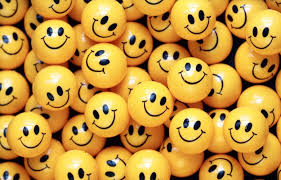Change is in the air. The temperature has dropped, children grab their school supplies and hurry out the door in the morning, and most people have established routines that work for them. People deal with difficulties in different ways. During the weeks and then months of quarantine, some people baked bread, others did puzzles, and many finally stopped putting off organizing their closets. (Some individuals were happy to discover bread recipes among their papers and puzzles they had forgotten having bought buried in the bottom of their closets. Organizing does have its rewards.) To the animals, the cooler temperature signals that their lives need some serious adjustments as well. When the canopy of leaves changes from green to gold, the animals, birds, and insects know it’s almost time: Winter is coming, and they have to be prepared to survive.



